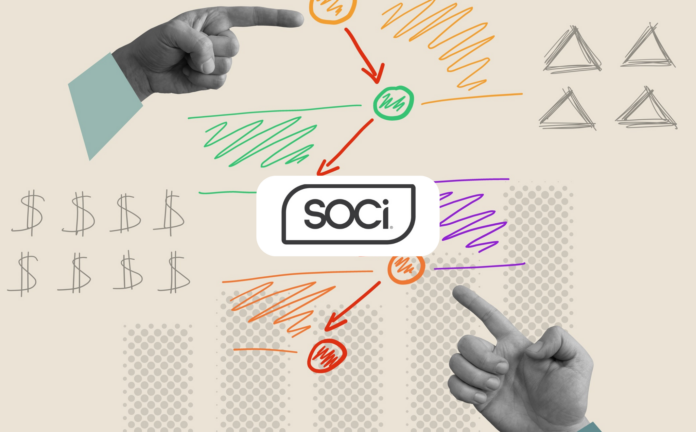Patients increasingly use digital tools to interact with their healthcare providers, reveals the latest research by Redpoint Global. The study also highlights the significance of a smooth and integrated digital experience in shaping the relationships between consumers and healthcare providers.
“With an increase in the use of digital tools, patients continue to expect relevant, consistent experiences from their healthcare providers and insurers across all channels. Redpoint works with some of the most trusted names in healthcare to deliver a comprehensive golden record for each healthcare consumer. A real-time, single customer view of each patient unlocks services and communication in the relevant channel at the cadence each person requires,” said John Nash, Chief Marketing and Strategy Officer, Redpoint Global.
As many as 50% of the surveyed consumers believed that incorporating digital tools into healthcare can enhance their ability to manage their health effectively. Such tools include mobile apps providing prescription reminders or personalized health recommendations based on medical history.
Furthermore, 57% of consumers reported an increased utilization of digital tools to interact with healthcare providers and insurance plans compared to the past. Despite the surge in digital engagement, healthcare consumers emphasized the importance of personalized experiences. In fact, 62% stated their expectation for online communications from healthcare insurers and providers to match the relevance and consistency of their in-person experiences.
Key reasons for switching healthcare providers
Consumers expressed that the main reason for changing providers was the presence of complex or confusing experiences, particularly when digital tools are difficult to use or comprehend. Other reasons cited were the inconsistent experiences across different channels and a lack of personalization in engagements with the provider. Additionally, consumers wanted healthcare providers to understand them as individuals beyond their medical records. This understanding includes considering the patient's social determinants of health, such as their living situation and financial circumstances, as these factors can influence the type of care required.
According to the findings, most consumers (68%) recognize the potential of artificial intelligence (AI) in improving healthcare, particularly in streamlining communications between providers and insurers for greater efficiency. However, consumer sentiment emphasizes the importance of safeguarding patient privacy, as 45% of respondents expressed that the use of AI should be avoided if it compromises the privacy of individuals.
Similarly, Redpoint Global has carried out research on consumers' perceptions of artificial intelligence and machine learning in customer experience.









